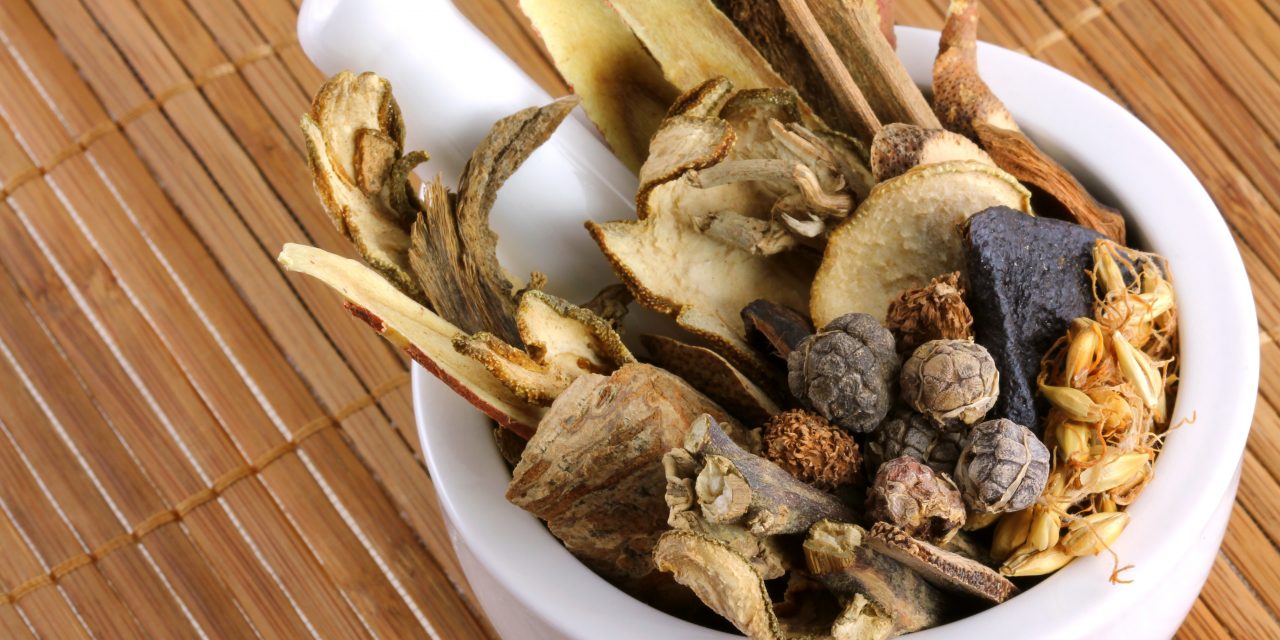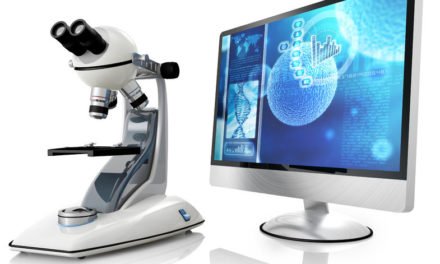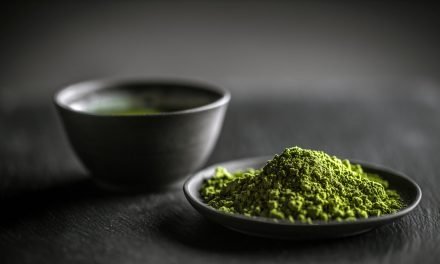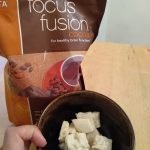Mushrooms for cancer? Mushrooms having stunning powers to help prevent and fight breast cancer and other types of cancer.
The ancient Egyptians believed eating mushrooms brought long life.
While their scientific method was not entirely sound by modern standards, scientists today are investigating the medicinal properties of mushrooms and beginning to see fascinating results.
Researchers from the University of Western Australia in Perth conducted a study of 2,000 Chinese women. (About half had suffered from breast cancer.)
The scientists reviewed the women’s eating habits, and factored out other variables that contribute to cancer, such as being overweight, lack of exercise, and smoking. And they came to a startling finding about mushrooms.
Women who consumed at least a third of an ounce of mushrooms every day (about one mushroom per day) were 64% less likely to develop breast cancer.
Even more impressive, women who combined consuming mushrooms with regular consumption of green tea saw an even greater benefit — they reduced their breast cancer risk by an astounding 89%.
Why Do Mushrooms Fight Cancer?
Mushrooms are thought to protect against breast and other hormone-related cancers particularly because they inhibit an enzyme called aromatase, which produces estrogen.
Mushrooms are one of the very few foods that inhibit aromatase (pomegranate is another). And several varieties of mushrooms, including the commonly eaten white button and portobello mushrooms, have strong anti-aromatase activity.
But consumption of mushrooms protects against more than hormone-dependent cancers. Mushrooms also contain specialized lectins that recognize cancer cells and have been found to prevent cancer cells from growing and dividing.
Which Mushrooms Are Best to Prevent Cancer?
Thousands of kinds of mushrooms exist, and our understanding of their cancer-fighting and health-promoting properties is growing rapidly — but it’s still in its infancy.
In addition to button mushrooms, white, crimini, shitake, oyster, portabella, maitake, turkey tail, and reishi mushrooms all contain bioactive compounds with the potential for potent anti-cancer activity.
These mushroom phytochemicals have anti-angiogenic, anti-proliferative, and other anti-cancer effects, which have been studied so far in relation to stomach, colorectal, breast, and prostate cancers.



















































